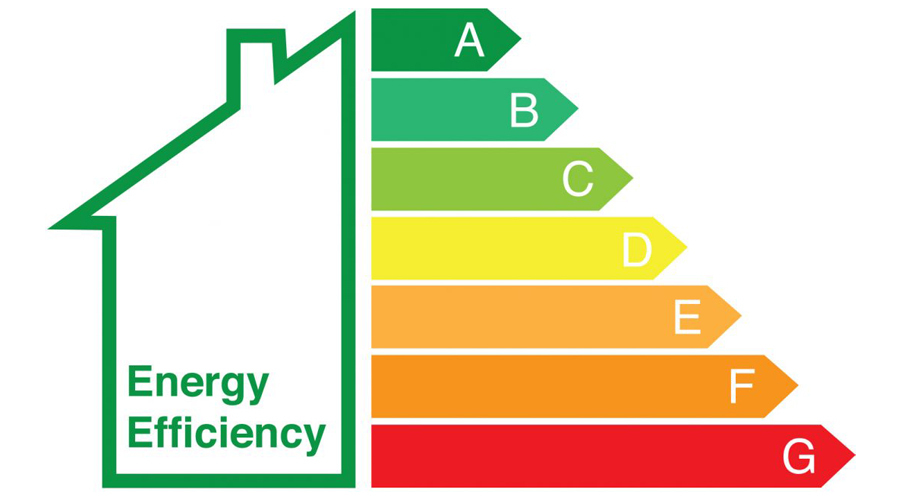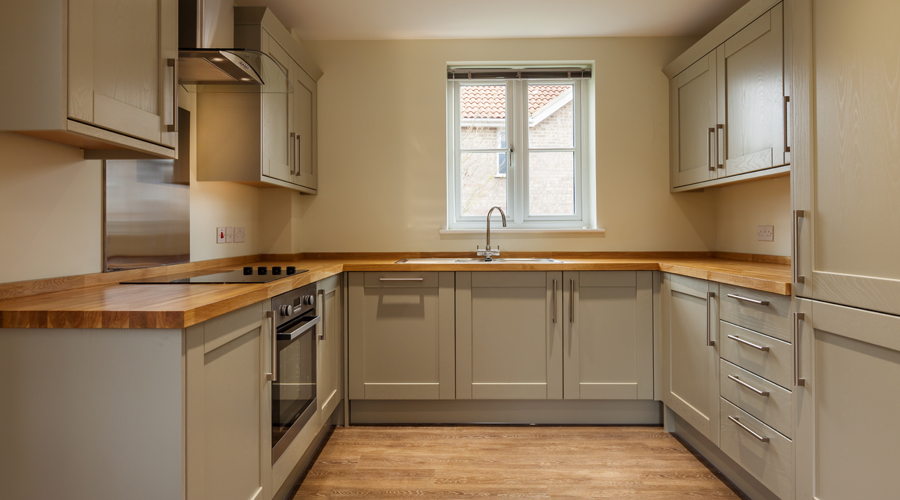The process of finding a new home can be incredibly overwhelming, especially if you are looking to relocate. Knowing what to look for in a new location is important, and if you have a family, or are thinking of starting one, considering schools in the area is essential. Cambridgeshire is known for its outstanding University, but also has an abundance of nurseries, primary schools, and secondary schools.
What is Ofsted?
Ofsted is the Office for Standards in Education, set up by the government. They inspect services that provide education for students of any age. With over 1,800 employees, covering 8 regions, Ofsted are responsible for Inspecting, Regulating, and Reporting. They aim to raise the standards of educational facilities in order to improve the quality of life.
How are Primary Schools Ranked?
Ofsted Inspectors follow a strict framework, covering leadership and management, teaching, learning and assessment, personal development, behaviour and welfare, and pupil outcomes. Based on the previous, schools will be ranked on the following scale:
Grade 1: Outstanding
Grade 2: Good
Grade 3: Requires Improvement
Grade 4: Inadequate
Who are some of the most Highly Ranked Primary Schools in Cambridgeshire?
- Bourn C of E Primary Acadamy. Located in Bourn, this school was ranked outstanding by Ofsted in 2009.
- Coton Church of England School. Located in Coton, they received an outstanding ranking in 2008.
- The Spinney Primary School. The Cherry Hinton primary school earned an outstanding ranking in 2008.
- Fordham C of E Primary School. This rural village school has received outstanding ratings at its 2006 and 2010 inspections.
- St Alban’s Catholic Primary School. Located in the centre of Cambridge, this school was awarded an outstanding status in its 2014 inspection.
- University of Cambridge Primary School. This Eddington Avenue school was rated as outstanding in 2018 by Ofsted.
- Queen Edith Community Primary School. Situated South of Cambridge centre, Queen Edith Primary has been inspected twice in the last 10 years, receiving good at both.
- Milton Road Primary School. This Cambridge school was rated good at its latest inspection in 2019.
- Ridgefield Primary School. In Eastern Cambridgeshire, this good rated school has carried its status for 10 years.
- St Matthew’s Primary School. Located in close proximity to the Anglian Ruskin University Campus, this school has been rated as good by Ofsted in 2020.
To find out more about school rankings in Cambridge visit: https://reports.ofsted.gov.uk/






